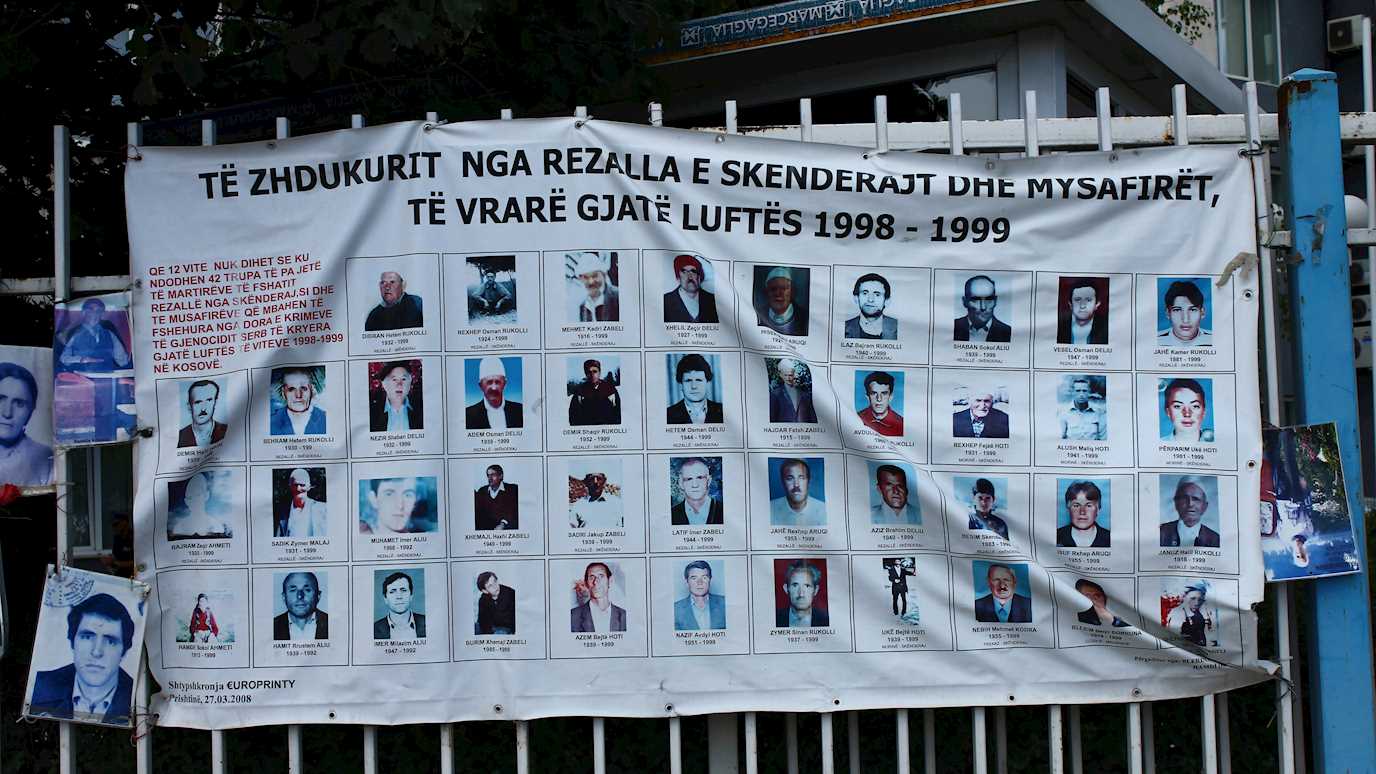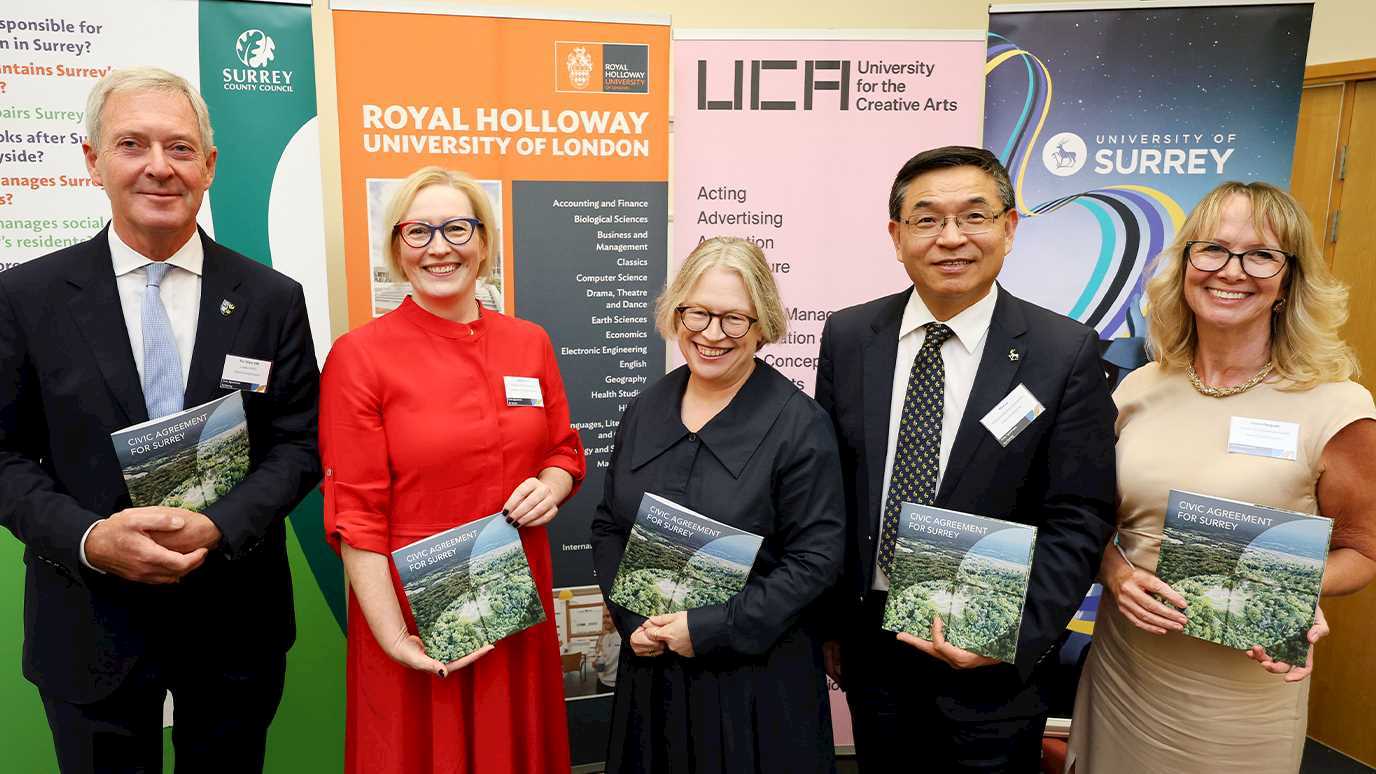Every conflict produces headlines about the numbers killed and injured, but how accurate are these figures and how are they calculated? These are questions which Michael Spagat, Professor of Economics at Royal Holloway, University of London, tackles in a new Massive Open Online Course (MOOC) Accounting for Death in War: Separating Fact from Fiction, which is now live online.

Kosovo War Memorial, Pristina
The course, which is open to anyone, will exam where numbers of war casualties come from, the basis for how the numbers are generated and how people can separate fact from fiction.
It will explore the methods currently used to account for war deaths and then apply these methods to particular wars. It will also debunk some widely circulated war-death claims
The course will focus mainly on direct, violent deaths, but will also cover some estimates of non-violent deaths caused indirectly by war.
Michael said: “There is a strong human need to be able to accurately account for the dead in war. You can trace it back to the battle of Marathon in 490BC where there is a stone which lists the dead, through to memorials to the dead of the First and Second World War.”
In the MOOC, Michael draws on his work around the conflict in Kosovo where three different measures arrived at broadly the same number of people killed.
However, numbers for the Iraq conflict have proved less accurate. One report sited 600,000 deaths up to 2006, but further investigation by the World Health Organisation for the same period, put the figures closer to 150,000.
Michael added: “Calculating the number of deaths during a war is a difficult, but necessary task - having accurate information is crucial for political and societal debates and decisions.
“Numbers are often misrepresented in the media and even academic journals. In some cases, there have been quite big mistakes.
“One of the recommendations of the Chilcot Report is that the government should measure casualties and the Ministry of Defence has a unit which is supposed to be doing this.”
He added that he hopes the course will engage with people who are involved in estimating war deaths, but also people who are interested in statistics and the use of numbers.
“I hope people will come away with a deeper understanding about war and the basic statistical methods of estimating war deaths,” said Michael.
Notes regarding the course: The course is available at: https://www.mooc-list.com/course/accounting-death-war-separating-fact-fiction-futurelearn.
Enrolment on the course closes on August 12th. Anyone who signs up by then will have five weeks in which to complete the course for free.
Anyone interested in taking the course in the future can record their interest for later runs of the course by adding it to their wish list on the Future Learn site.
About Professor Spagat: Michael Spagat has a PhD in Economics from Harvard and a BA in Economics and Mathematical Methods in the Social Sciences from Northwestern. He has held research/teaching posts at the University of Illinois, Brown University, the New Economic School in Moscow, and the Institute of Economics of the Academia Sinica. He has written extensively on war and teaches a year-long course on the economics of warfare.
























